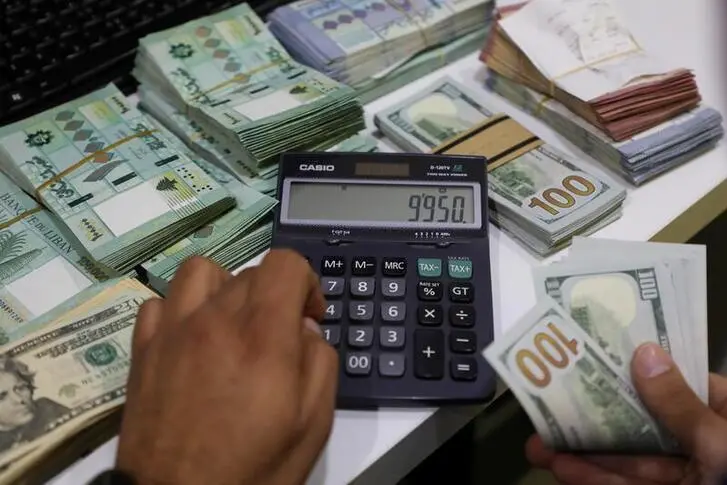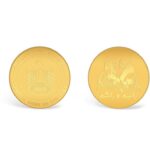The U.S. dollar was set to close a volatile week with a modest gain, as markets processed the implications of Donald Trump’s return to the White House and the Federal Reserve’s cautious approach on rate adjustments. Following Trump’s election win, the dollar initially surged but later saw fluctuations as traders took profits on “Trump trades.” Against a basket of currencies, the dollar edged down by 0.05% to 104.37 but remained on track for a 0.07% weekly gain.
Mid-week, the dollar rallied 1.53% as traders anticipated Trump’s economic policies might fuel inflation through higher tariffs, potentially affecting the Fed’s rate outlook. However, Fed Chair Jerome Powell emphasized on Thursday that the election outcome would not impact U.S. monetary policy in the near term.
The week’s currency movements also reflected economic updates from China and Europe. The Chinese yuan weakened after Beijing announced a 10 trillion yuan ($1.4 trillion) debt package to stabilize local economies and boost growth. The euro declined by 0.1% to $1.0792, facing pressure from Germany’s recent political upheaval. While Deutsche Bank’s George Saravelos noted that political change in Germany might benefit the euro in the long term, markets are awaiting further developments.
The Australian dollar, often seen as a proxy for Chinese economic activity, slipped 0.60% to $0.6639, reflecting concerns about China’s growth outlook. Meanwhile, the Japanese yen rose 0.4% to 152.28 per dollar, as global markets adjusted to shifting economic conditions.
As markets watch for potential inflation due to Trump’s policies, the Fed’s interest rate path remains uncertain, with traders cautiously adjusting their expectations for rate cuts next year.




